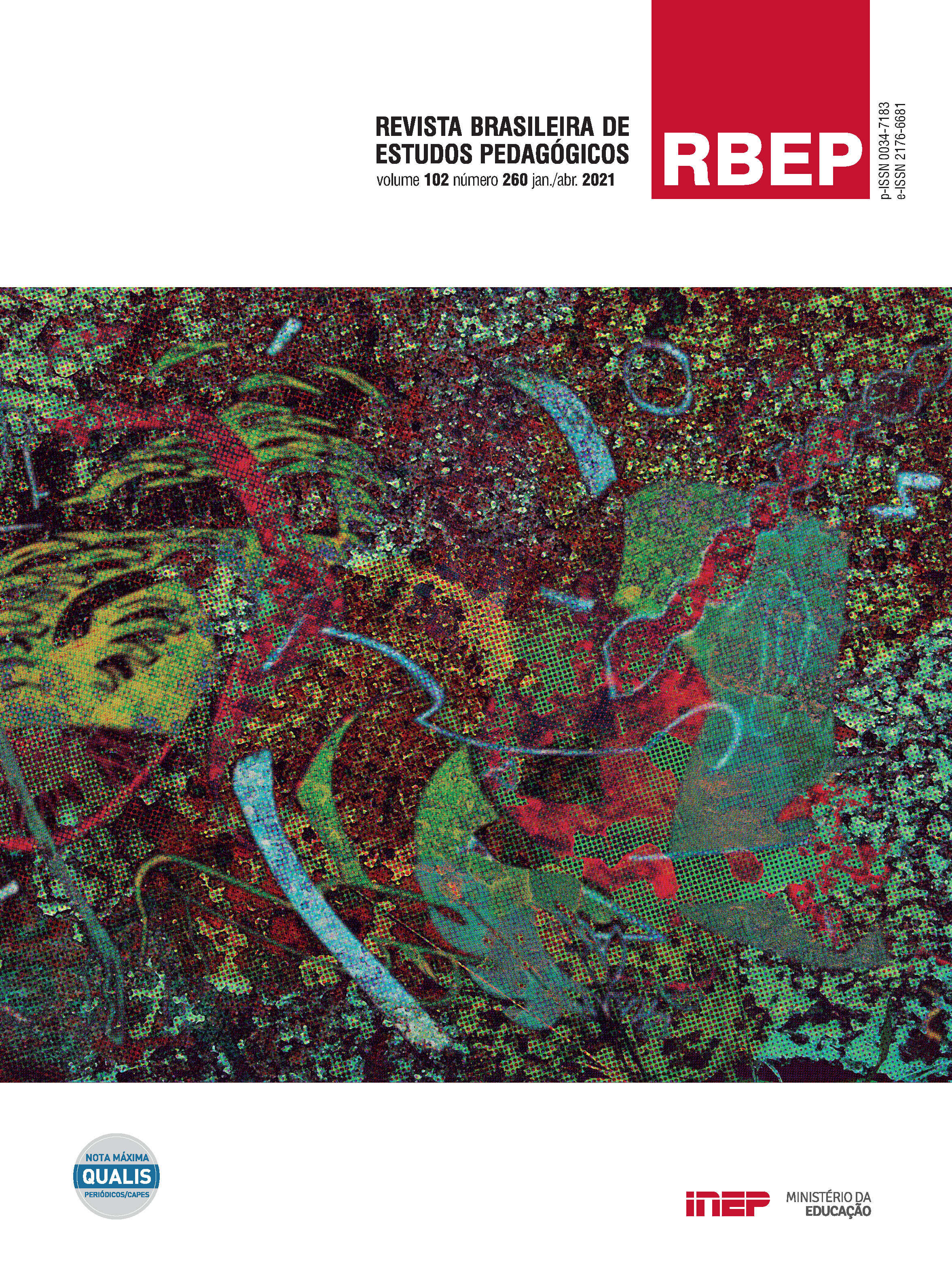Key elements for the designing of digital games focused to train competencies and abilities of autistic-spectrum-disorder students: a systematic review
Abstract
Digital games, as assistive technology resources, have shown significant results for inclusive education in respect to stimuli and responses in the pedagogical interventions with Autism Spectrum Disorder students. This study aims to identify and analyze what, according to Brazilian and international literature, are key elements to design digital games focused on helping students with autism to train competencies and develop new skills. This is a systematic literature review (derived from a master's thesis), outlined in three stages: planning; guidance and systematization; and qualitative data analysis. Searches were conducted in the following databases: Latin American and Caribbean Health Sciences Literature (Lilacs), Educational Resources Information Center (Eric), Scientific Electronic Library Online (SciELO), Scopus e Library Information Science Tecnology (Lista), using protocols for planning, guiding, categorizing, and checking; which led to the selection of 20 studies. From this selection, 62 potential elements were extracted and grouped into the following categories: Sensory Processing; Motor Dysfunctions; Cognitive Disabilities; Self-regulation; and Social Interaction. The content analysis revealed that merely inserting digital games in the lives of students with autism is insufficient for the competent training and acquisition of new skills, which are in turn necessary for their educational and social inclusion. Furthermore, games need to be planned from a co-design perspective, considering the specificities and universal characteristics of autism.
Downloads
Copyright (c) 2021 Brazilian Journal of Pedagogical Studies

This work is licensed under a Creative Commons Attribution 4.0 International License.
Once their work is accepted for publication, author’s copyrights are automatically relinquished to the National Institute for Educational Studies and Research Anísio Teixeira (Inep).
Since 2016, the journal Revista Brasileira de Estudos Pedagógicos (RBEP) uses the licence CC-BY.
Partial or total reproduction of the content of this Journal is permitted provided that the original publication is properly referenced, as well as a link to license CC BY 4.0 and to indicate any possible alterations made to the article.




















